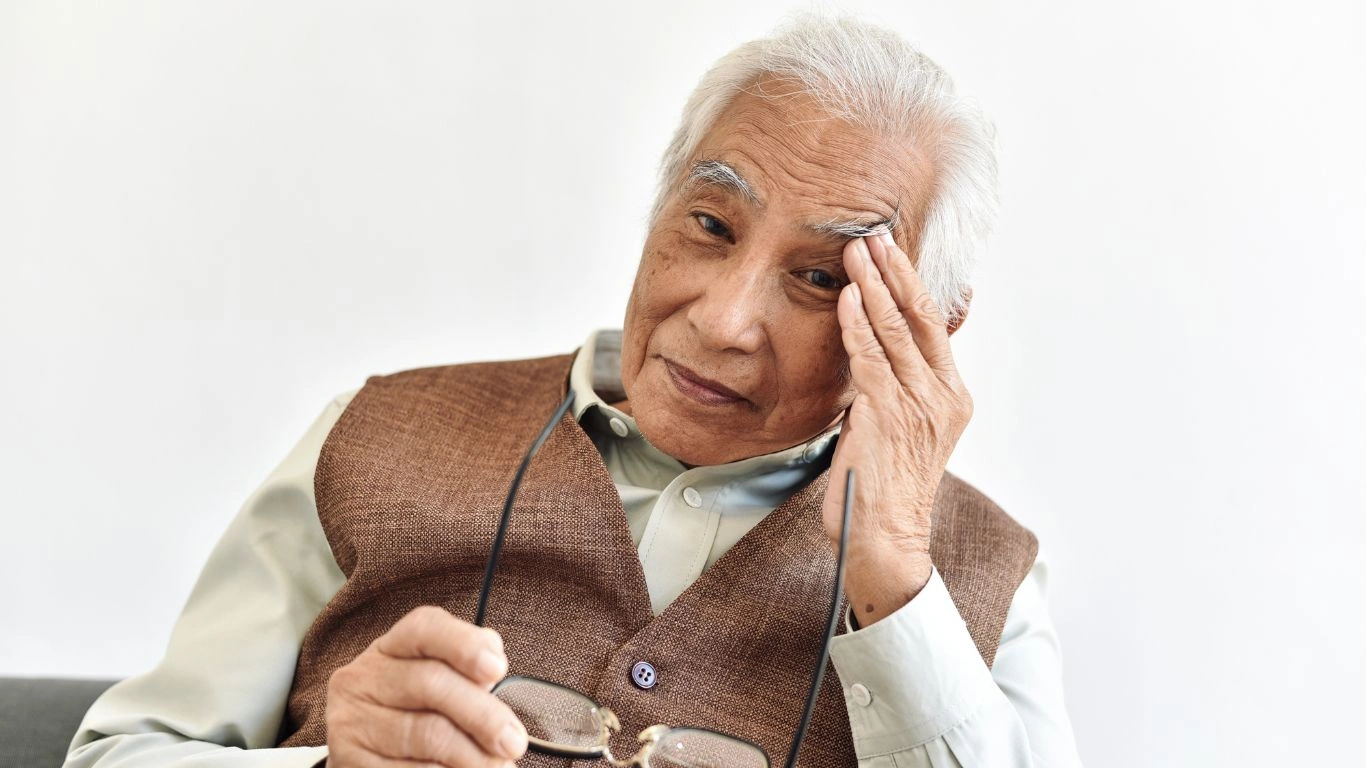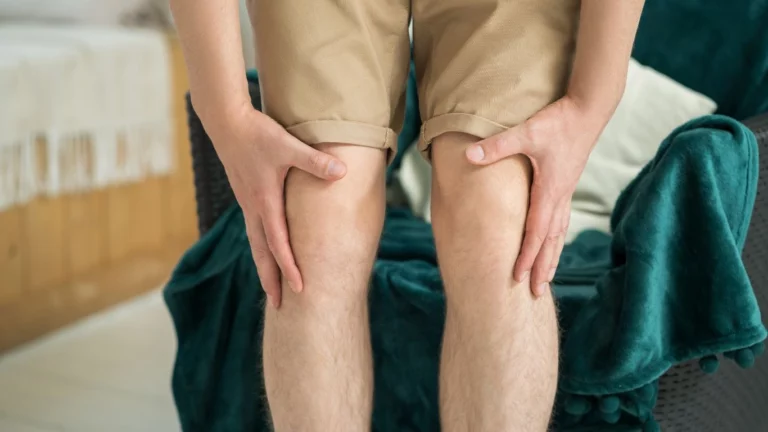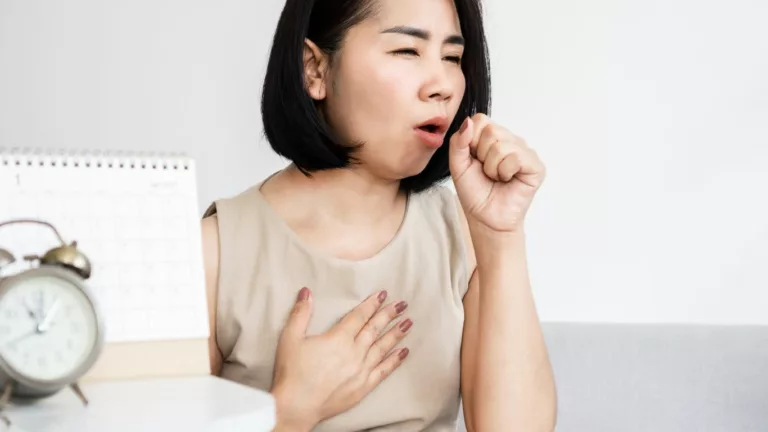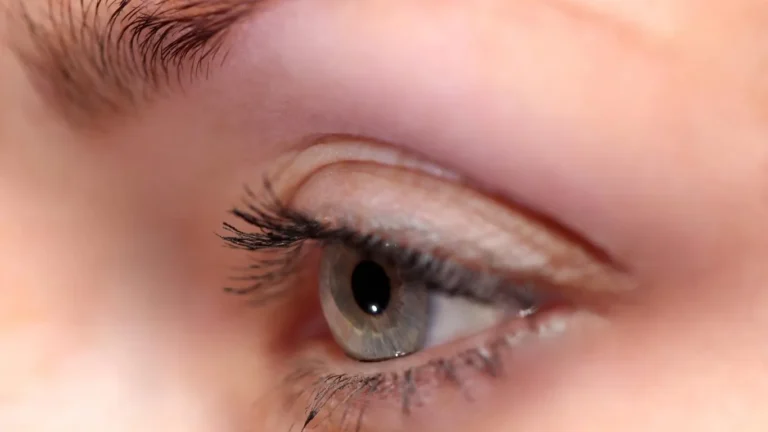How to Prevent Morning Blood Pressure Spikes Naturally for Better Health
As a hypertension expert, one of the most common questions I get from patients is about how to prevent morning blood pressure spikes. It’s no surprise, really. Many people experience a jump in their blood pressure levels first thing in the morning, and it can be quite unsettling. When you wake up with high blood pressure, it can trigger anxiety and lead to long-term health concerns if not addressed properly. The good news is that there are ways to manage and reduce these morning spikes, and the solutions often involve lifestyle changes and a few practical adjustments to your routine. Let’s dive into what morning blood pressure spikes are and how you can prevent them for better heart health.
What Causes Morning Blood Pressure Spikes?
First things first, let’s take a look at what exactly causes your blood pressure to rise in the morning. Our bodies naturally experience variations in blood pressure throughout the day, often referred to as the circadian rhythm of blood pressure. This means that our blood pressure tends to be lower at night when we’re resting and higher during the day when we’re active. However, for some people, this fluctuation can become more pronounced, particularly in the early morning hours.
In my experience, there are several factors at play here:
- Hormonal Changes: When you wake up, your body releases certain hormones like cortisol and adrenaline, which are designed to prepare you for the day. Unfortunately, for some people, this can trigger a significant rise in blood pressure.
- Increased Sympathetic Activity: Your body’s “fight or flight” response is typically more active in the morning. This increase in sympathetic activity can cause your blood vessels to constrict, leading to a spike in blood pressure.
- Dehydration: After hours of sleep, your body may become slightly dehydrated, which can cause your blood vessels to tighten, contributing to higher blood pressure.
- Sleep Apnea: Another cause could be a condition like sleep apnea, which disrupts breathing during sleep. This condition leads to a lack of oxygen, which can cause your blood pressure to spike when you wake up.
So, it’s not just about waking up and getting on with your day. There are several physiological processes happening that can lead to your blood pressure creeping up in the morning.
Why Is Preventing Morning Blood Pressure Spikes Important?
You might be wondering why it’s so important to focus on this specific time of day. Well, let me tell you: morning blood pressure spikes can increase the risk of serious cardiovascular events like heart attack, stroke, and kidney damage over time. These spikes are particularly dangerous because they can go unnoticed and untreated, leading to long-term damage to your blood vessels and organs.
From my personal experience working with hypertensive patients, I can tell you that one of the most crucial things to remember is that the morning spike is often the first sign of trouble. If you’re already dealing with high blood pressure, morning spikes can exacerbate your condition and increase the likelihood of heart disease or stroke down the road.
How Does Morning Blood Pressure Differ from Regular High Blood Pressure?
While both morning spikes and regular high blood pressure are serious health concerns, there are some key differences between the two. High blood pressure, or hypertension, is generally defined as consistent readings of 130/80 mmHg or higher. Morning blood pressure spikes, on the other hand, refer specifically to a sharp increase in blood pressure that happens right after waking up, even if your readings during the day are within a normal range.
Many people don’t realize that morning hypertension can occur even if their blood pressure is under control during the rest of the day. This is why I stress the importance of monitoring your blood pressure at various times throughout the day, not just in the afternoon or evening. It’s also a reminder to check it regularly in the mornings to catch any potential spikes.

Practical Tips to Prevent Morning Blood Pressure Spikes
Now, let’s get to the good part: how to prevent these spikes! Thankfully, there are a variety of simple, everyday actions you can take to help prevent your blood pressure from spiking in the morning. Here are some of my favorite tips based on years of working with patients:
1. Get Consistent, Quality Sleep
One of the most important steps you can take to reduce morning blood pressure spikes is to focus on improving your sleep. Studies have shown that poor sleep quality, including sleep apnea and even insufficient sleep, can contribute to higher morning blood pressure. In fact, individuals with poor sleep hygiene are more likely to experience significant fluctuations in their blood pressure.
Try setting a consistent bedtime and wake-up time. Aim for at least 7 to 8 hours of sleep per night. I often tell my patients to avoid caffeine or heavy meals late in the evening, as they can interfere with sleep quality. Additionally, managing any sleep disorders you may have, such as sleep apnea, can go a long way in reducing morning spikes.
2. Stay Hydrated
Hydration is another crucial aspect to consider when trying to prevent morning blood pressure spikes. When your body is dehydrated, your blood vessels can constrict, which may raise your blood pressure. Drinking a glass of water first thing in the morning can help keep your blood vessels open and prevent sudden spikes.
Keep in mind, it’s not just about drinking water in the morning. Staying hydrated throughout the day is essential for overall blood pressure management. Dehydration can sometimes go unnoticed, so make it a habit to drink water regularly throughout the day.
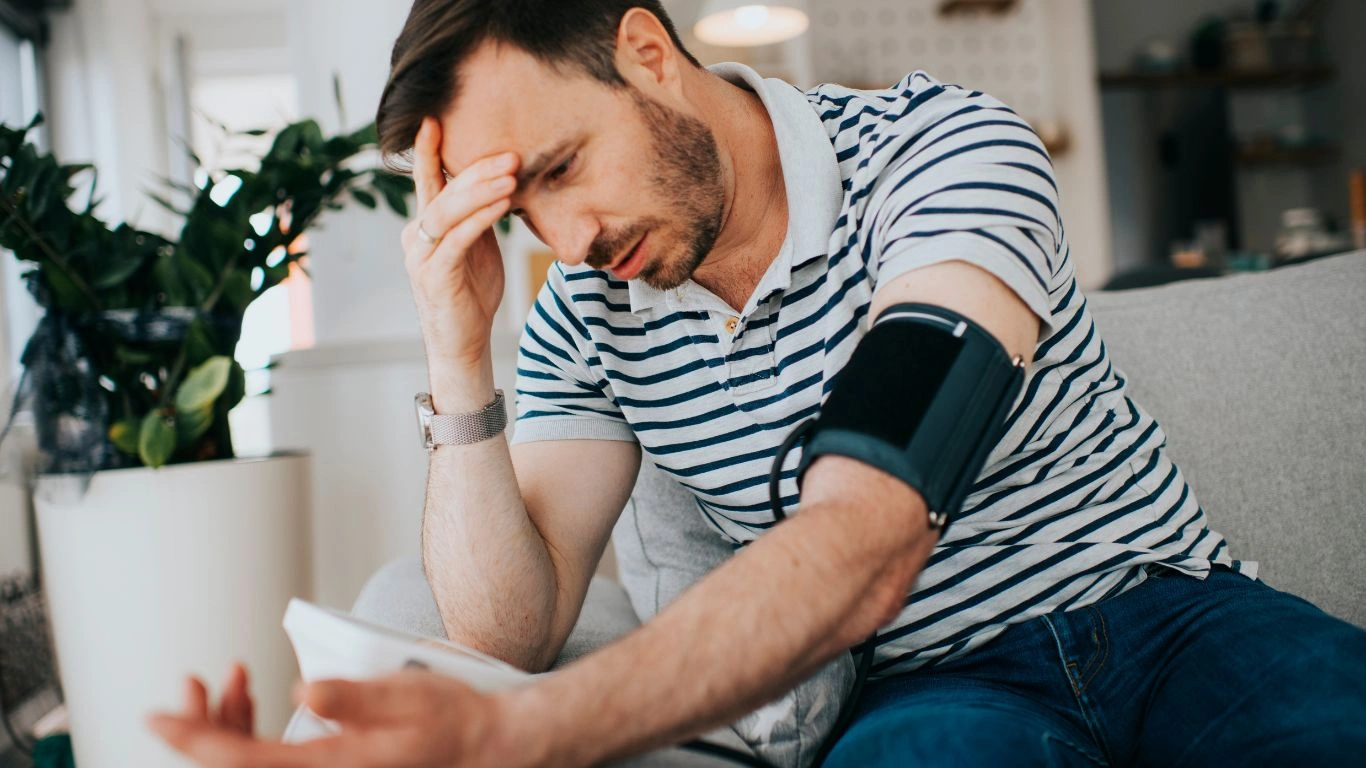
3. Manage Stress Levels
Stress is another major contributor to blood pressure spikes, especially in the morning. If you wake up feeling anxious or overwhelmed about the day ahead, your body can release a surge of stress hormones, which can elevate your blood pressure. Managing stress is a key part of preventing those early morning spikes.
In my practice, I recommend simple stress-reducing activities like meditation, yoga, or even taking a few deep breaths before getting out of bed. Setting a positive tone for your day right from the moment you wake up can make a significant difference in your overall blood pressure.
4. Limit Salt Intake
Excessive salt intake is a well-known culprit in increasing blood pressure. While you may already be aware of the dangers of high salt consumption, it’s important to keep in mind that a high-sodium diet can affect your blood pressure at all times of the day, including the morning. If you consume a lot of processed foods or restaurant meals, your salt intake may be higher than you think.
Try to focus on a diet rich in fruits, vegetables, and whole grains, while limiting salty snacks and packaged foods. By doing this, you’ll be taking a crucial step in managing your blood pressure and preventing morning spikes.
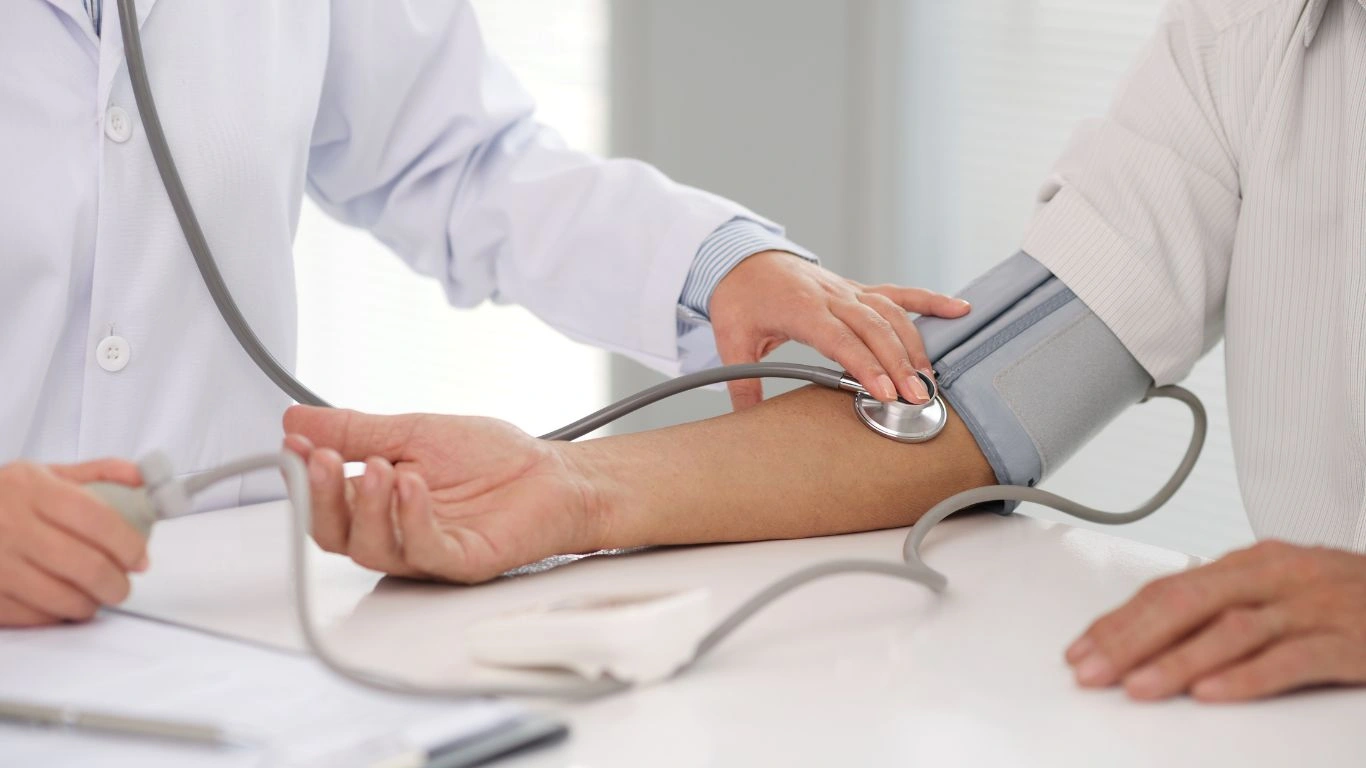
5. Use Medication as Advised by Your Doctor
While lifestyle changes are the cornerstone of preventing morning blood pressure spikes, some individuals may also need to rely on medication to keep their blood pressure in check. If you’ve been diagnosed with hypertension or you’re prone to these morning spikes, it’s important to follow your doctor’s recommendations regarding medication. I can’t stress this enough: always consult with your healthcare provider about the right approach for your condition.
There are several types of medications that can help manage blood pressure, including ACE inhibitors, calcium channel blockers, and diuretics. Depending on your situation, your doctor might suggest taking your medication at specific times to ensure maximum effectiveness, particularly in the morning when your blood pressure tends to rise. For some patients, medications can be prescribed to be taken at night, which can help minimize the morning spike.
In my experience, many patients feel hesitant about taking medication, especially if they’ve heard about side effects or concerns. However, it’s important to realize that these medications are designed to protect your heart and overall health. Properly managing morning blood pressure spikes with the right medication can be life-saving, and there’s no shame in taking that extra step.
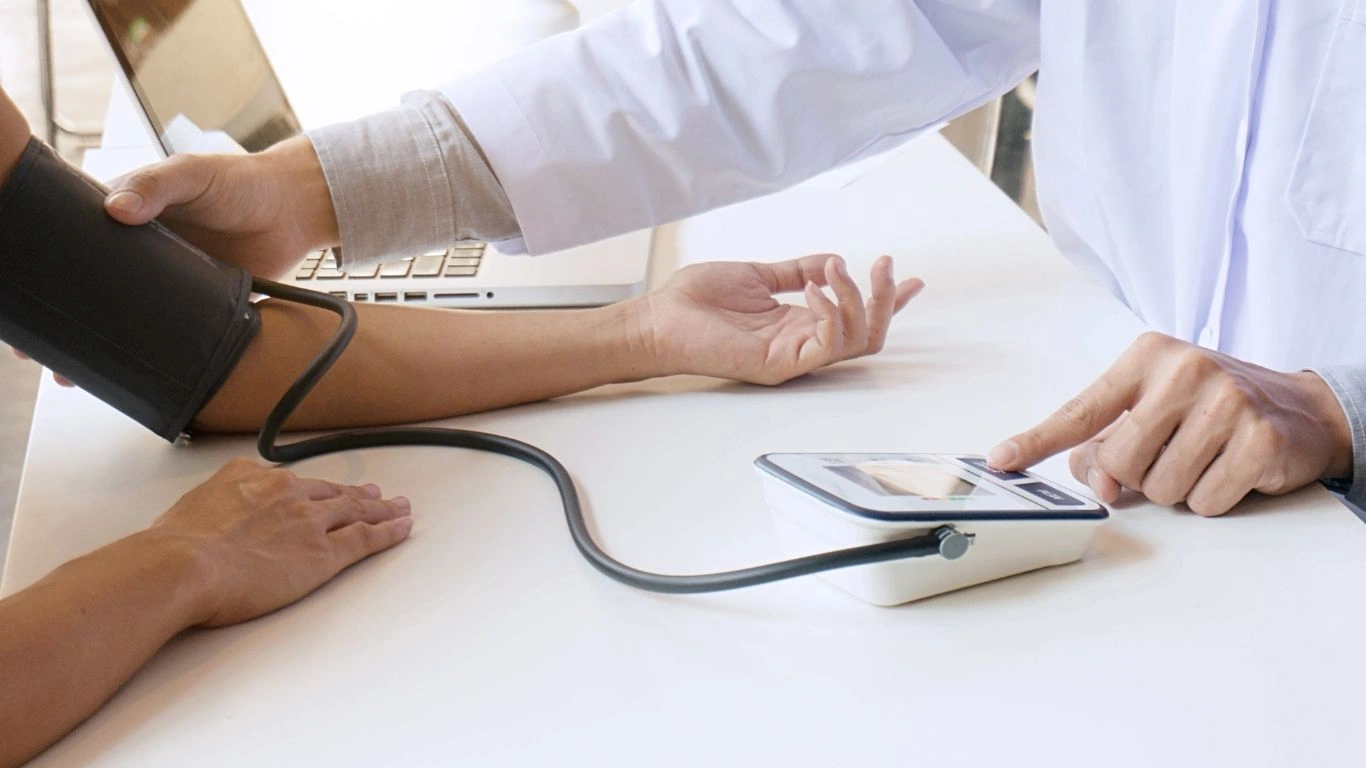
6. Exercise Regularly, But Timing Matters
Exercise is one of the most effective ways to keep your blood pressure under control. However, when it comes to preventing morning spikes, timing can play a significant role. Many people think that a quick morning workout can help lower their blood pressure, but this isn’t always the case for everyone.
While regular physical activity—such as walking, cycling, or swimming—can improve your blood pressure over time, it’s best to avoid intense exercise right after waking up. Strenuous exercise can actually cause a temporary spike in blood pressure, especially in people who are already prone to hypertension.
What I recommend to my patients is a gentle, calming exercise routine in the morning, such as yoga or stretching. These low-impact activities can help wake up the body slowly without putting too much strain on your heart. If you enjoy a more intense workout, try scheduling it later in the day when your body is more awake and ready to handle it.
7. Incorporate Heart-Healthy Foods into Your Diet
Diet plays a huge role in preventing morning blood pressure spikes, and certain foods can specifically help manage your blood pressure. Foods rich in potassium, magnesium, and fiber can have a positive impact on your heart health and overall well-being.
In my practice, I always tell my patients to focus on foods that are anti-inflammatory and rich in antioxidants. For example, foods like leafy greens, berries, avocados, and fatty fish are excellent choices for controlling blood pressure. These foods not only help regulate your blood pressure, but they also contribute to a healthier heart over the long term.
A diet high in fiber—particularly from fruits, vegetables, and whole grains—can also help lower blood pressure by improving blood vessel health. And don’t forget about magnesium! Magnesium-rich foods like almonds, spinach, and bananas are great for promoting relaxation in your blood vessels, which can keep your blood pressure stable throughout the day, including in the morning.

8. Cut Down on Alcohol and Caffeine
It’s no secret that both alcohol and caffeine can raise your blood pressure. While some studies suggest moderate alcohol intake might have some health benefits, excessive drinking can lead to consistent blood pressure increases, especially in the morning. If you’re prone to blood pressure spikes, it might be time to reconsider your alcohol consumption.
Similarly, caffeine—while a morning favorite for many—can also trigger a rise in blood pressure. Even if you don’t have hypertension, consuming large amounts of coffee or energy drinks can lead to temporary spikes in blood pressure. If you enjoy your morning coffee, try limiting it to one cup and avoid drinking caffeinated beverages later in the day to avoid disruptions to your sleep and blood pressure levels.
For some individuals, switching to herbal teas or decaffeinated coffee in the morning can make a noticeable difference in how their blood pressure responds throughout the day. Small adjustments like these can go a long way in preventing those early morning spikes.
9. Monitor Your Blood Pressure Regularly
One of the best ways to prevent morning blood pressure spikes is to monitor your blood pressure regularly. This is a simple but effective way to keep track of how your body is responding to different lifestyle changes and medications.
I always encourage my patients to invest in a reliable home blood pressure monitor. Checking your blood pressure in the morning, even before getting out of bed, can give you a clear picture of your baseline and help you spot any concerning trends. If you notice that your blood pressure is consistently higher in the mornings, it might be time to re-evaluate your routine and discuss possible adjustments with your doctor.
Remember, consistency is key when it comes to blood pressure monitoring. Don’t just check it when you feel off. Regular tracking allows you to notice patterns and make informed decisions about your health.
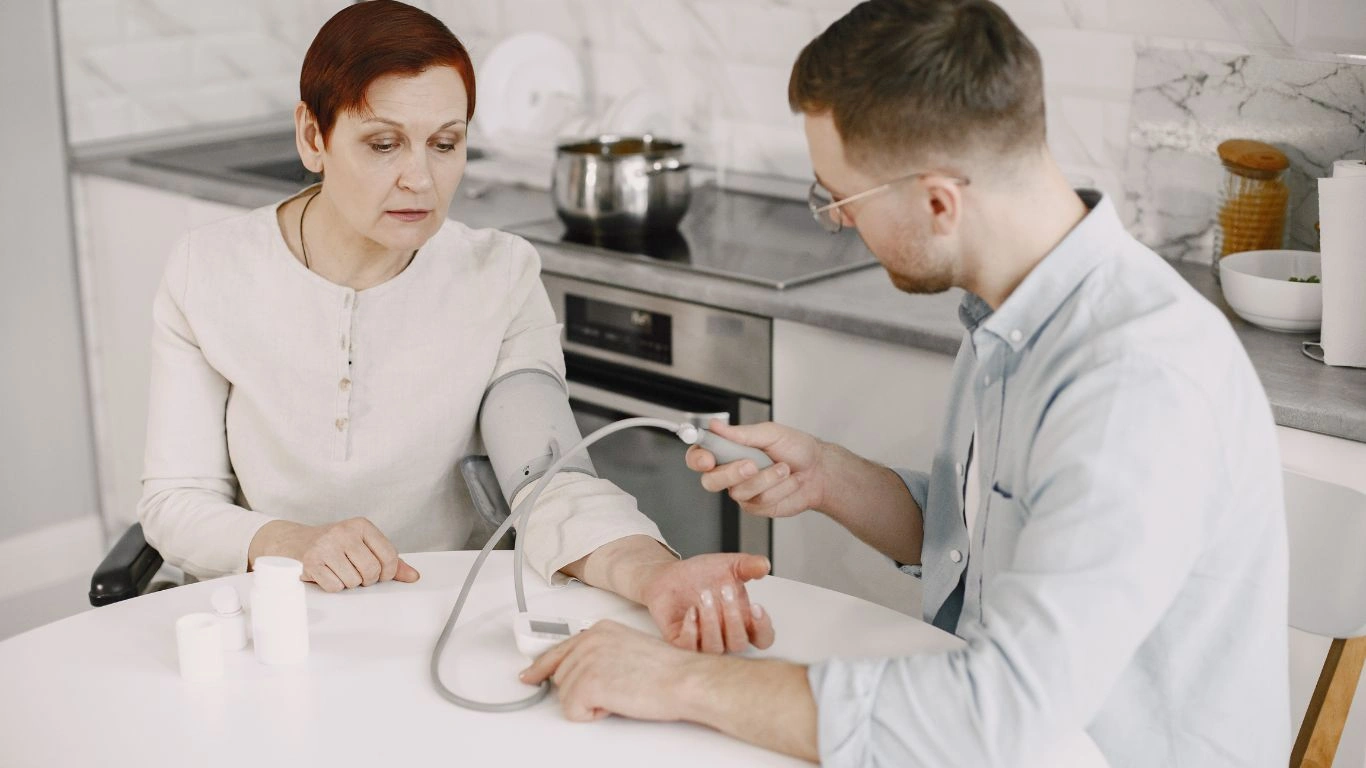
10. Avoid Sudden Movements After Waking Up
Finally, one often-overlooked factor in preventing morning blood pressure spikes is how you get up in the morning. If you wake up and immediately jump out of bed, you might be increasing your chances of a sudden spike. This is because your body needs time to adjust to the upright position after lying down for several hours. Rapid changes in position can cause your blood pressure to fluctuate, leading to a spike.
Instead, try sitting up slowly and allowing your body a minute or two to adjust before standing up. It’s also a good idea to take a few deep breaths before getting out of bed. By giving your body this small window to transition, you can help stabilize your blood pressure and prevent any unnecessary rises.
11. Keep Track of Your Salt Intake
As I mentioned earlier, salt can have a huge impact on your blood pressure, especially in the morning. But it’s worth emphasizing that sodium doesn’t just come from the salt shaker—you might be surprised to learn how much hidden sodium is in packaged and processed foods. Over time, excessive sodium intake can make your blood pressure harder to control, even if you’re following a generally healthy lifestyle.
One of the best ways to keep your morning blood pressure in check is to monitor your salt intake carefully. Look at food labels and choose options that are low in sodium. As a rule of thumb, aim for less than 2,300 milligrams of sodium per day, but for those with hypertension, the recommendation is typically closer to 1,500 milligrams. I always tell my patients to try cooking more meals at home and experiment with fresh herbs and spices for flavor instead of relying on salty condiments.
Small changes, like swapping out processed foods for fresh produce and lean proteins, can make a big difference. Plus, you’ll be cutting down on other unhealthy ingredients like added sugars and preservatives that contribute to higher blood pressure levels.
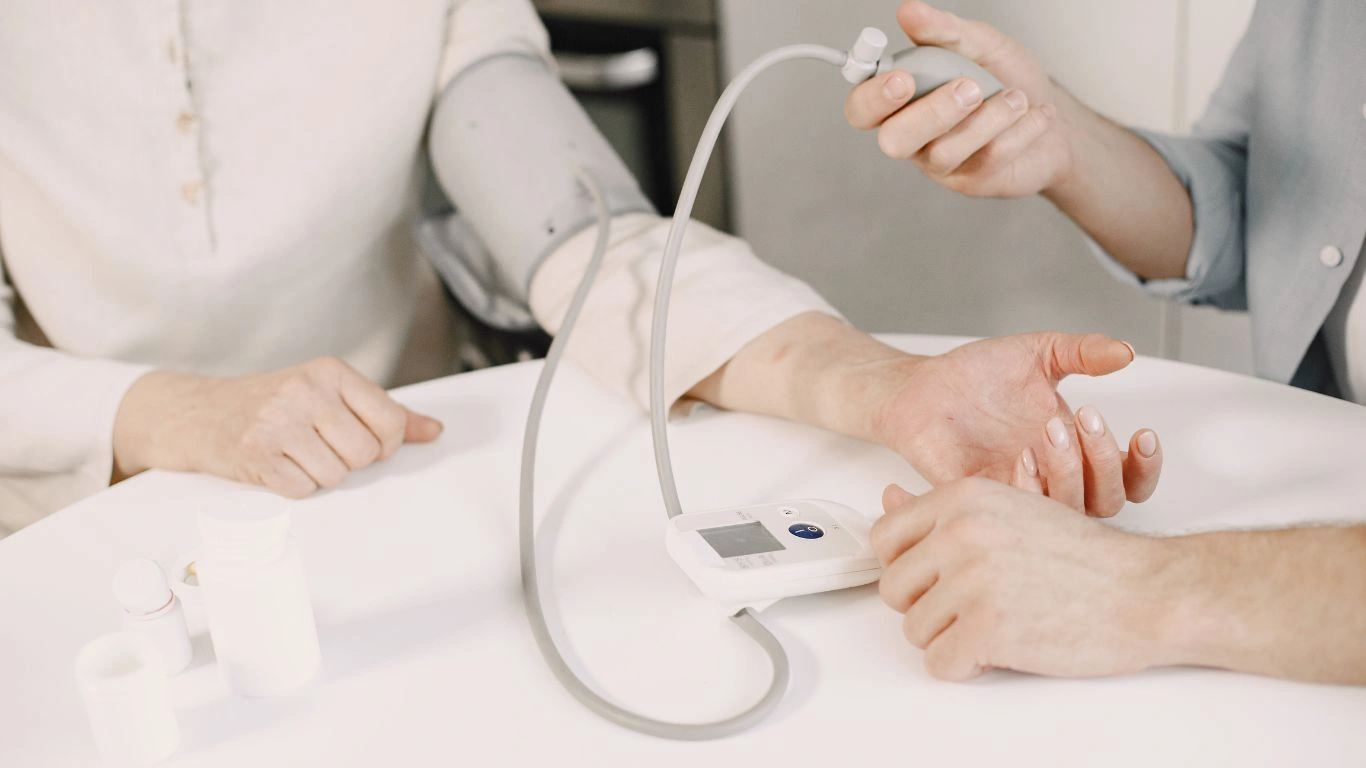
12. Consider Natural Supplements
When it comes to preventing morning blood pressure spikes, some people find natural supplements to be helpful in addition to lifestyle changes. Now, I always recommend speaking with your healthcare provider before introducing any supplements to your routine, especially if you’re already on medication for blood pressure management. That said, there are some natural options that have shown promise in research for helping to regulate blood pressure.
One of the most well-known supplements is fish oil, rich in omega-3 fatty acids, which have been shown to help lower blood pressure. Other supplements like magnesium and coenzyme Q10 can also support heart health and reduce blood pressure. In fact, many of my patients find magnesium, in particular, to be helpful in calming their nervous system and improving blood flow.
In addition to those, I’ve seen great results from patients using beetroot juice or garlic supplements. Both of these have properties that can help lower blood pressure naturally, though results can vary from person to person. Again, it’s crucial to consult with your doctor first, especially to make sure there are no interactions with your existing medications.
13. Practice Relaxation Techniques in the Morning
We’ve already talked about how stress can affect your blood pressure, and that stress doesn’t always start at work or during the day—it can begin right when you wake up. For many of us, our minds race with thoughts of everything we need to do once we get out of bed. But that frantic, stressful start can directly contribute to a morning blood pressure spike.
To help manage this, I encourage my patients to start their mornings with relaxation techniques. Try spending just 5 to 10 minutes in the morning to center yourself before getting up and diving into your day. You can try deep breathing exercises, mindful meditation, or even just a few minutes of stretching to help calm your body and mind.
My personal recommendation is to try a quick morning meditation. It’s easy, and even if you only have a few minutes, focusing on your breath can have an immediate calming effect, reducing stress hormones that may otherwise lead to blood pressure spikes.

14. Avoid Overworking Your Body in the Morning
After a long night of rest, your body needs time to gently wake up, not to be pushed to its limits right away. Overexerting yourself in the morning, whether through too much exercise or a hectic start to your day, can lead to a sudden rise in blood pressure.
If you’re someone who likes to jump straight into work or try to accomplish too much early in the morning, you might be unknowingly contributing to blood pressure fluctuations. I suggest taking a gentler approach in the first hour after waking. Whether that’s through a slow-paced breakfast, reading a book, or enjoying a cup of tea, avoid rushing to check off tasks right out of the gate.
By giving yourself some grace and time to ease into the day, you’ll help your body transition smoothly, reducing unnecessary stress on your heart and blood vessels.
15. Stay Consistent with Your Routine
Finally, one of the most important factors in preventing morning blood pressure spikes is consistency. We all know how easy it is to fall off track with a healthy routine, especially when life gets busy. However, staying consistent with your healthy habits—whether it’s eating well, exercising, managing stress, or taking your medications—can go a long way in keeping your blood pressure stable, including during those crucial morning hours.
I’ve found that the most successful patients are the ones who make small, sustainable changes and stick with them. They create routines that are realistic for their lifestyle, and they don’t try to do everything at once. So, start small, be kind to yourself, and over time, you’ll start to see positive changes in both your blood pressure and overall health.
References
Disclaimer: The information provided in this article is intended for general informational purposes only and should not be construed as medical advice. Always consult with a healthcare provider before making any changes to your diet, exercise, or medication regimen. The author of this article is a hypertension expert, but the recommendations provided are based on personal experience and existing medical knowledge. Your individual needs may vary, and it’s important to work with your doctor to develop a personalized treatment plan.

Dr. Gwenna Aazee is a board-certified Internal Medicine Physician with a special focus on hypertension management, chronic disease prevention, and patient education. With years of experience in both clinical practice and medical writing, she’s passionate about turning evidence-based medicine into accessible, actionable advice. Through her work at Healthusias.com, Dr. Aazee empowers readers to take charge of their health with confidence and clarity. Off the clock, she enjoys deep dives into nutrition research, long walks with her rescue pup, and simplifying medical jargon one article at a time.

